Polarisation, disinformation, trust: do young French people think like…
Past event In person

- Area of Expertise
- Democracy
Democracy

Former member of the European Parliament
It’s a fair bet that when the Conference on the Future of Europe meets in Strasbourg on 19 June for its first plenary session, there will be calls for the European Union to act more decisively over a wider range of issues than it does now. Many members of the Conference will also call for a larger EU budget. Those who want ‘more Europe’ will outnumber those who want a retreat to the nation state. Genuine reformers, one way or the other, will be driven to demand a revision of the Treaty of Lisbon. They will be encouraged in that direction by at least one of the co-chairs of the Conference, Guy Verhofstadt.
If the Conference is to be of any use it must concentrate on discussing reforms intended to strengthen the efficacy, resilience and legitimacy of the Union. Demanding ‘more Europe’ without gifting the EU deeper resources, providing a fuller range of instruments, and conferring more competence will only compound its present difficulties. The Conference must also refrain from arguing that the Union should admit more members: enlargement is impossible not only because of the weakness of the candidate states but also, and more pointedly, because of the inherent frailty of Union governance.
In my previous Critical Thinking piece, published on 9 May, I proposed changes to strengthen the leadership of the Union. Here I review decision-making procedures at the level of the European Council of heads of government and in the junior Council of ministers. As both bodies share executive functions with the Commission on the one hand, and legislative functions with the European Parliament on the other, a certain conformity of culture and a synchronisation of management between the institutions is essential. Such harmony is missing at present, and inter-institutional rivalries are acute.
Put as simply as possible, the Council takes decisions in one of four ways: by strict unanimity between all 27 national governments, often needing endorsement by national constitutional procedures; by consensus, a form of relaxed unanimity, sometimes helped by the constructive abstention of the minority; by a simple majority vote of its members; or by qualified majority vote (QMV).
There are two types of QMV: the first requires a threshold of 55% of the member states (15) comprising 65% of the population; the second — ‘super QMV’ — needs 72% of the states (20). A blocking minority of at least four states can suspend QMV and push the matter up to the European Council for further discussion. Nothing is said on what happens at that stage in the European Council, paralysis being the default.
Each of the five revisions of the founding Treaty of Rome – Single European Act, Maastricht, Amsterdam, Nice, Lisbon – has extended the number of decisions that can be taken by QMV and reduced the scope of the national veto. This gradual process reflects the basic federal logic of the Union. But widening the scope of QMV has always been strongly resisted by eurosceptic governments which, although committed by treaty to the endeavour of “ever closer union”, remain wedded to intergovernmental methods and opposed to the extension of supranational authority. On the battleground between federalists and nationalists, QMV is totemic. QMV proved so unpalatable to the British that they left the Union altogether.
The treaty allows the Council to act by QMV in the field of common foreign and security policy once the European Council has decided what the Union’s strategic interests and objectives are to be. It also provides for the constructive abstention of a state which, while not being obliged to apply a decision, accepts that the decision commits the Union. Unfortunately, such consensual arrangements are never deployed. Instead, the case for unanimity in foreign policy is made to a Bruegel audience by Charles Michel, President of the European Council:
“In foreign policy unanimity is required [sic]. This issue of unanimity is, as everyone knows, regularly discussed. And my opinion on it is nuanced. It is true that requiring unanimity slows down and sometimes even prevents decision-making. But this requirement pushes us to work unremittingly to unite the Member States. And this European unity is also our strength. Unanimity promotes a lasting commitment by the 27 countries to the strategies which have been developed together. So I wonder: would abandoning unanimity really be such a good idea?”
Unanimity serves to protect special interests, whereas QMV works to articulate the general interest of the Union as a whole
Michel believes that QMV would reduce the pressure on a member state to respect a decision it disliked. He speaks as if taking a vote would preclude the substantive exchange of differing opinions. He prioritises unity over action. This is a pity.
Worse, however, is the Council’s reluctance to use QMV in legislative matters even when the treaty requires it to do so. As a result, law-making is tortuous and slow — resulting too often in tardy, minimalistic compromises with slight impact in the real world. The perpetual quest for unanimity sows frustration and dissent.
Genuine consensus can more readily be accomplished in the democratic climate of QMV. The highest common factor achieved by unanimity is always less than the lowest common denominator available via QMV. Unanimity serves to protect special interests, whereas QMV works to articulate the general interest of the Union as a whole. Taking decisions by vote is quicker, more transparent, and ultimately more democratic than closed, diplomatic methods. The fact is that in some cases, it can be rather useful for a government to be outvoted in the Council, providing a shield against a hostile press or parliament back home. The regular practice of voting imbues trust. QMV tames bullying by bigger member states and prevents smaller states from holding the rest to ransom.
One remedy at hand would be to improve the quality and consistency of the chairmanship of the Council. This may mean scrapping altogether the system of six-monthly, rotating presidencies of the different Council formations — a system which throws up at random variable, uncoordinated and sometimes incompetent chairs. Too often, as with Slovenia, the national agenda of the term presidency is at odds with the agreed work programme of the institutions. I have proposed that the Economic and Financial Affairs Council (ECOFIN) be chaired by the EU’s Treasury Secretary just as the Foreign Affairs Council is already chaired by the High Representative. The General Affairs Council should be chaired under the auspices of the presidency of the European Council.
A Commission more determined to protect its own legislative prerogatives — to initiate and prosecute draft laws — would also help proceedings. The operation of co-decision between the Council and the European Parliament, which is at the heart of the ordinary legislative procedure, would be much facilitated by the engagement of a more professional Council presidency and a more political Commission. At present, even the shadow of an eventual Council veto can be enough to bury a file before the interinstitutional trilogues between the three institutions can get going.
As long as there is disagreement across the federalist fault line, it will not be possible to settle the constitution of the Union. That is why the Lisbon treaty introduced a transitional device to permit future advances in the federal direction to be made as and when political will coalesces behind them. The passerelle or bridging clauses, principally Article 48(7) of the Treaty on European Union, allow the European Council to decide, by unanimity, and subject to a veto by any single national parliament, to shift a decision-making procedure from unanimity to QMV or to replace a special law of the Council, where the European Parliament is only consulted or given the right of passive consent, by an ordinary law co-decided by Council and Parliament.
To date, sad to relate, none of these passerelles has been crossed. Without moving to QMV, the EU denies itself the flexibility necessary to complete the single market. Notably, it is high time to drop the insistence on special Council laws, decided by unanimity, for policy on indirect taxation and the approximation of national laws and regulations affecting the functioning of the internal market. Other special laws of the Council persist in the fields of: family law; social security, the protection of workers’ rights and co-determination, and employment rights for third-country nationals; and environmental measures to give effect to the Green Deal, including the choice of energy source and supply. All these three sectors could and should be converted to the ordinary legislative procedure by way of the passerelle.
Furthermore, alas, to placate the eurosceptics, an extra clause was added to Lisbon which proscribes the use of the passerelle to modify certain key articles. These concern: the decision on the system of revenue or ‘own resources’; the decision on the multiannual financial framework of the Union; the decision to use the ‘flexibility clause’, which allows special measures to be introduced to achieve treaty objectives where the treaty does not provide the necessary powers to do so; and the decisions necessary to suspend the voting rights of a member state found in breach of the rule of law. These issues are basically decided by the Council encumbered by unanimity, with the Parliament relegated to the second division: all four items cause enormous difficulty and delay for the Union. The requirement for Council unanimity plus national parliamentary assent in all major budgetary matters is even now impeding the rapid implementation of the decisions on the COVID-19 economic recovery programme.
As the number of member states increased steadily, the concept of differentiated integration came into vogue. Constructive provisions for enhanced cooperation were installed in the treaties to allow those states most committed to integration to go forward further and faster, maximising the use of QMV, while leaving the rest to catch up later. An integrationist group of at least nine member states must advance only “as a last resort” when consensus in the wider Council is unachievable, and where the essentials of the internal market are not to be distorted. In the area of judicial cooperation in criminal law, and in police cooperation, enhanced cooperation is propelled forward if blockage persists in the Council as a whole. The establishment of the office of the European Public Prosecutor was accelerated in this way by 22 states. In practice, however, there has been resistance to using these enhanced cooperation rules. In the field of common foreign and security policy (CFSP), too, there has been reluctance to mandate a small group of states to act on behalf of the Union as a whole.
The Union has not found the political will to systematically develop internal differentiation beyond the Schengen area and eurozone. Formal enhanced cooperation has only been deployed to advance the matter of a patents’ court, to cater for divorce law and to smooth property rights for international couples. Whenever the Commission proposes the wider use of enhanced cooperation, as in the harmonisation of taxation policy, there is a procedural row. The Council has clung to unanimity and one-size-fits-all proposals even when it has been unnecessary and unreasonable to do so. Coalitions of the willing have been slow to form.
The Union has not only tied itself up in knots in respect of secondary legislation but of primary law also. Unlike any other federal state or international organisation, such as the United Nations, the EU’s constitutional treaties cannot be changed one jot or tittle without rigid unanimity between governments, followed by ratification in every member state. National ratification may involve the trauma of a referendum. The amendment process itself involves the calling of a Convention, unless the European Parliament abnegates its responsibility, followed by an intergovernmental conference (IGC). Lisbon introduced a slightly simplified revision procedure for those parts of the treaties which deal with the internal policies of the Union but do not confer new competences on the Union; the European Council still has to act by unanimity and national ratification still applies. These improbable conditions placed on treaty revision, even of a minor kind, makes a decision to embark on reform a major constitutional drama. Every IGC opens wounds between federalists and nationalists. The EU can end up looking rather silly for no substantive benefit.
If the Conference on the Future of Europe wants to change the treaties, therefore, it will also have to suggest ways to modify the procedures for treaty revision in the future. Otherwise it will be seen to have misunderstood the constitutional nature of the exercise, lacked ambition and lost credibility.
As an EU citizen emeritus I am unable to join the Conference on the Future of Europe. So here are six gratuitous recommendations for rendering decision-making in the Council more speedy, open, efficient and democratic:
First, to encourage the use of enhanced cooperation among the more progressive member states, the EU should drop the “last resort” condition. And the Commission should be less finickity in its assessment of when the formation of a core group affects adversely the operation of the internal market.
Second, where it has to act as an arbiter of a stalemate dispute at the level of the Council of ministers, the European Council should agree to act by super QMV within a four month period. And the European Council should take a much firmer grip, through the offices of the General Affairs Council, on the performance of the rotating presidencies — even leading to their eventual abolition.
Third, operation of the general passerelle clause should itself be shifted from unanimity to super QMV. And the unilateral veto of any one national parliament on the use of the passerelle should be replaced by the threshold of one-third of all national parliaments (that is, nine) in conformity with the EU’s normal subsidiarity procedures. All prohibitions on the scope of the passerelle should be dropped.
Those who would resist change must live with the consequences of a failing Union
Fourth, treaty amendments with respect to the internal policies of the Union should be adopted, after referral for an opinion to the European Court of Justice, by a vote of three-quarters of the states and two-thirds of members of the European Parliament. For the nostalgic, this would effectively resurrect the flexibility displayed in the first, and most federal of the EU treaties, the Treaty of Paris which established the Coal and Steel Community in 1952.
Next, as far as revision of the more ‘constitutional’ articles of the treaties is concerned, the states will still insist on acting by common accord. But much can be done to make the drafting process more open, fluent and democratic. To enhance the role of the Convention, its formal proposals to the IGC should stand unless reversed by the European Council acting by QMV. The practice of ‘reverse QMV’ is a useful recent innovation born of the crisis management measures needed after the financial crash.
And lastly, in any case, all treaty amendments should enter into force once ratified by, say, four-fifths of the member states. This important reform would relieve the Union of the threat of a unilateral veto by one or two nationalistic national parliaments or stray referendums.
These recommendations for the measured evolution of EU governance are feasible. Those who would resist change must live with the consequences of a failing Union. This round of constitutional reform will not be the last in the history of the European Union. But it can be made to nudge things forward in the right direction, bringing better government to Europe’s emerging polity and confidence to its citizens.
Past event In person

Past event In person - Prato, Italy

Past event In person

Past event In person, Berlin
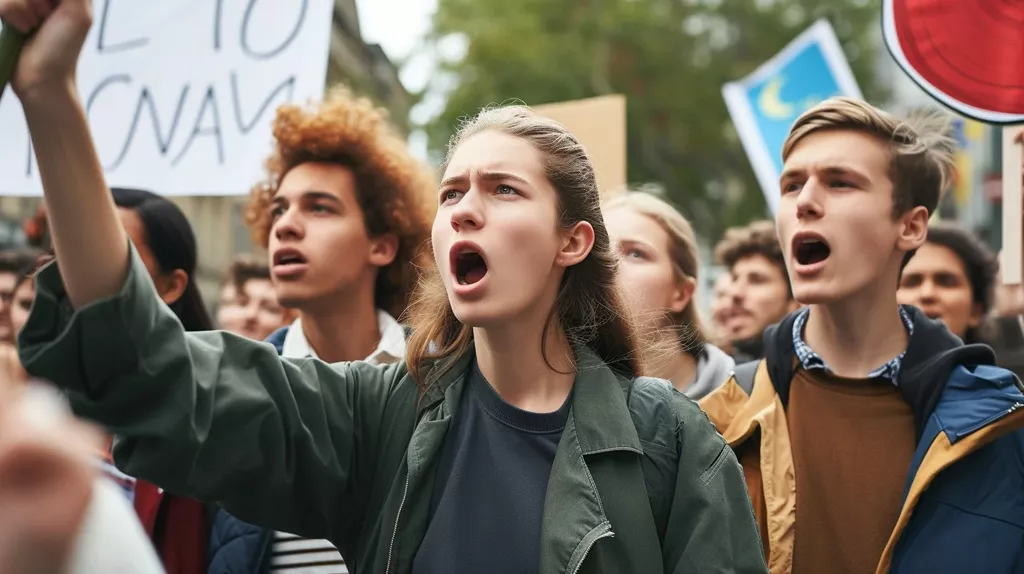
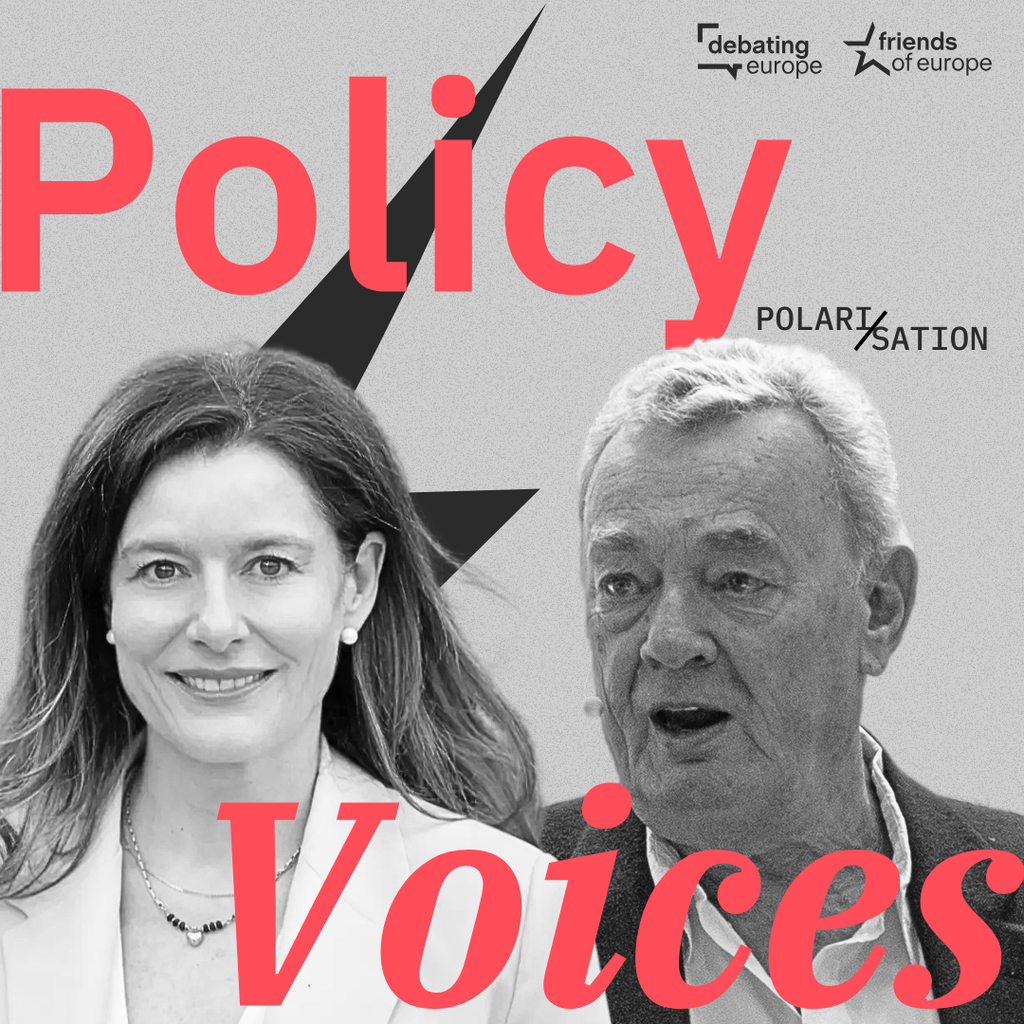
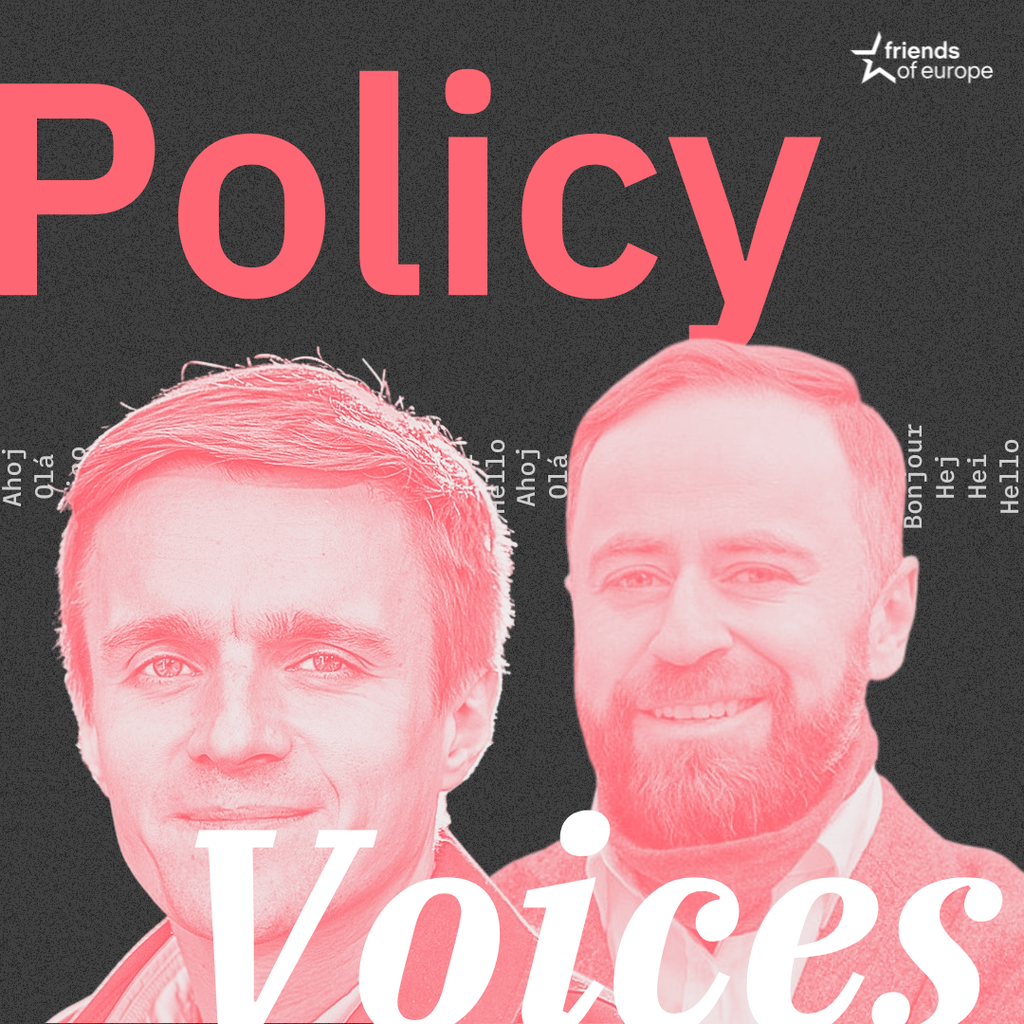
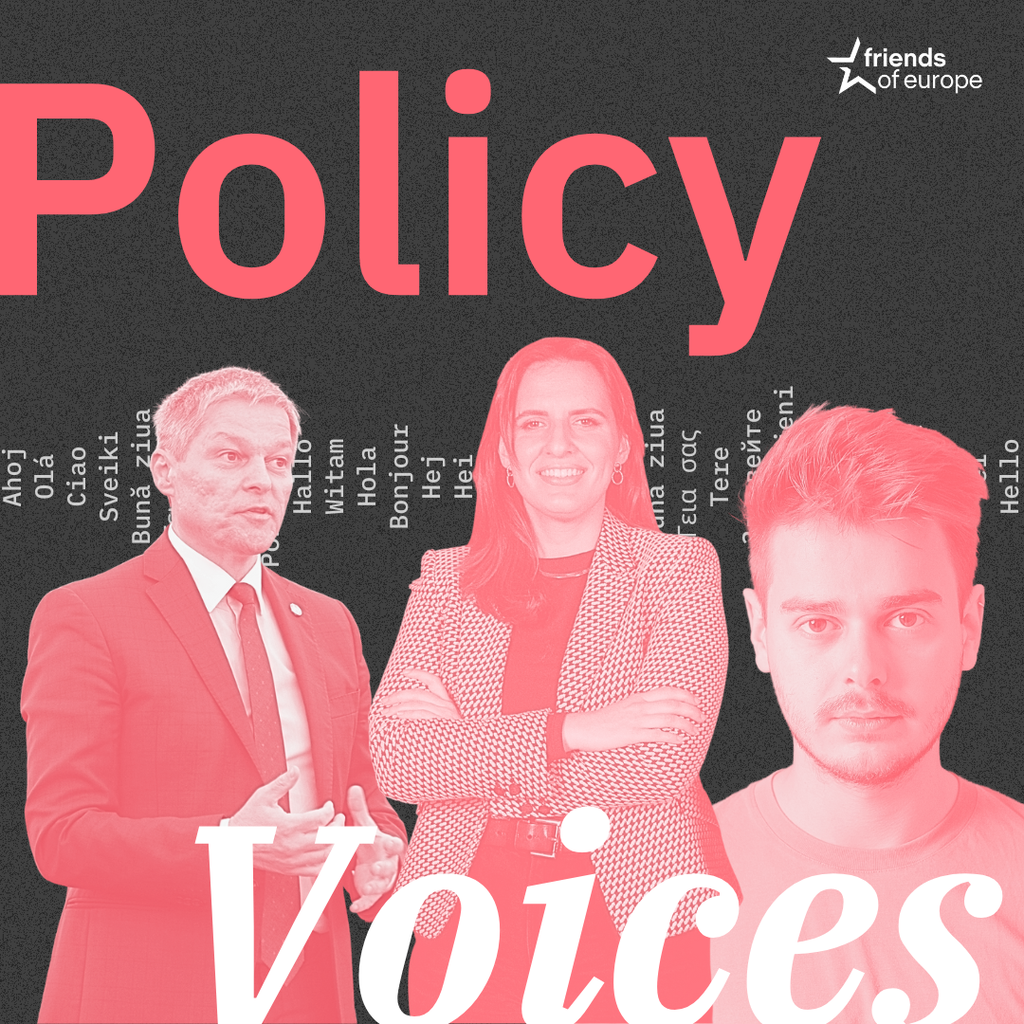
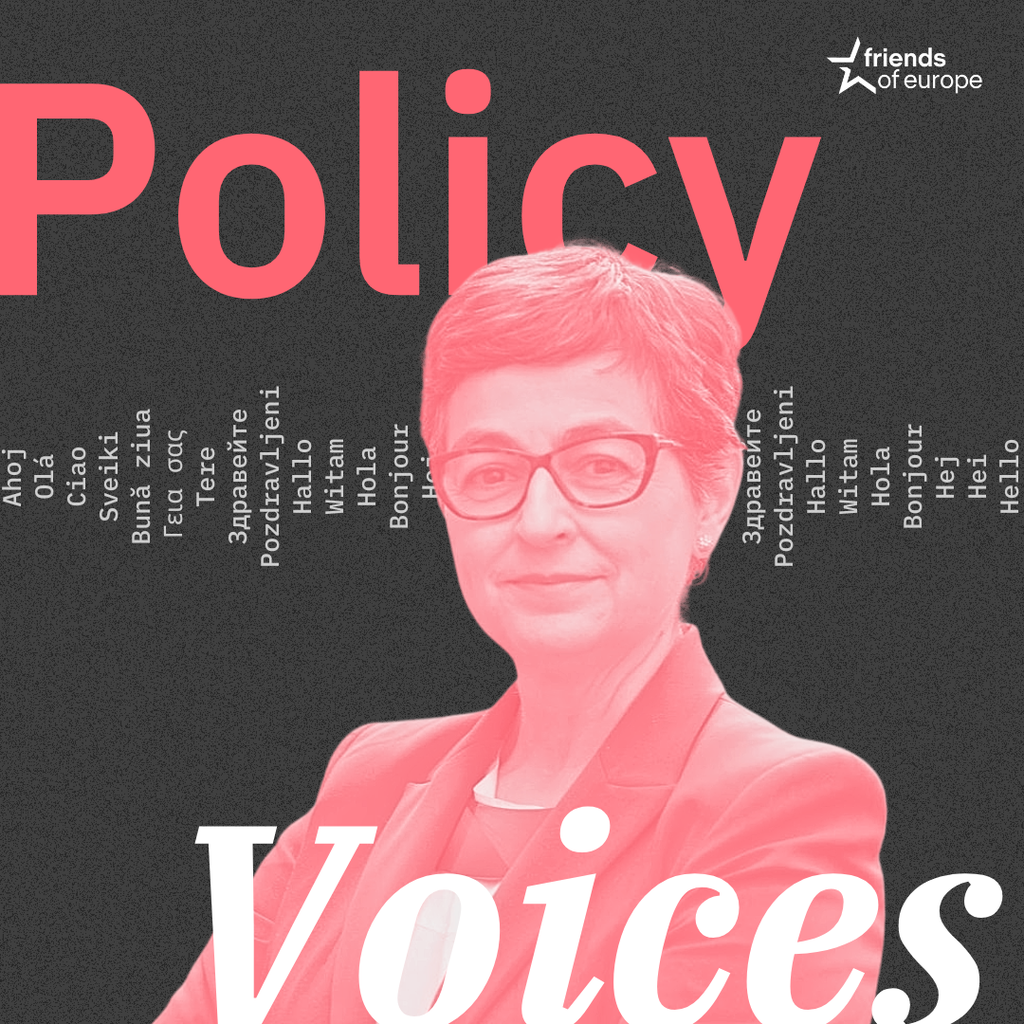
Stay informed
We use cookies and similar technologies to adjust your preferences, analyze traffic and measure the effectiveness of our campaigns. Learn more about our privacy policy.